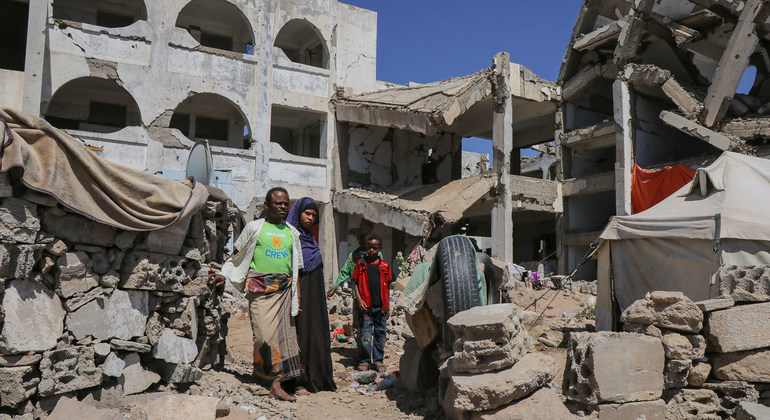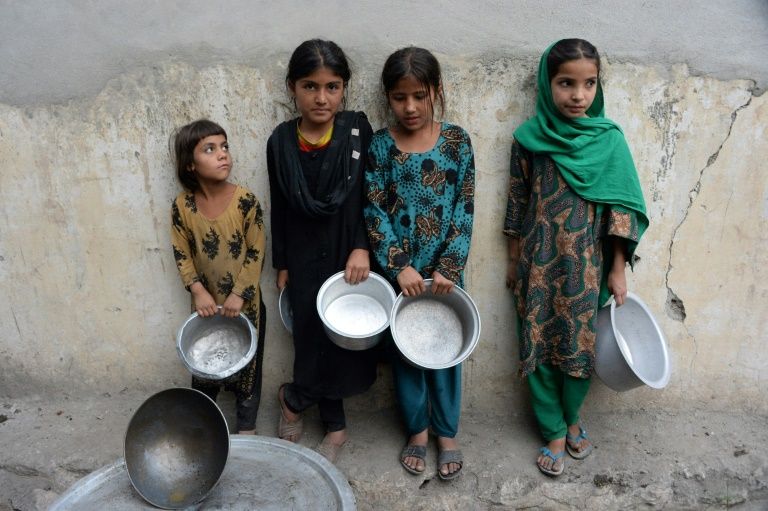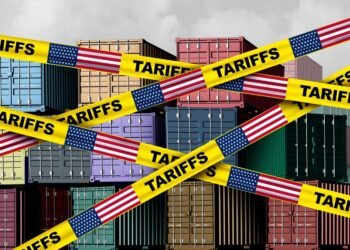United Nations Secretary-General, Antonio Guterres has warned that “war-torn Yemen is in imminent danger of the worst famine the world has seen in decades.”
Guterres added that “millions of lives may be lost,” in the country that has endured a five-year war between Iranian-backed Houthi rebels and government forces “in the absence of immediate action.”
The Secretary-General’s warning comes as the United States has threatened to blacklist the Houthi group as part of its “maximum pressure” campaign against Iran.
Aid workers have raised fears such a move would prevent life-saving aid from reaching the country and make things even worse in Yemen.
In his statement, Guterres made only an indirect reference to this possibility.
“I urge all those with influence to act urgently on these issues to stave off catastrophe, and I also request that everyone avoids taking any action that could make the already dire situation even worse,” he said.
Guterres also said the reasons for the heightened threat of famine include a sharp drop in funding for the UN-coordinated relief programme, the instability of the Yemeni currency and the warring parties imposing “impediments” for relief organisations.
A Saudi Arabia-led military coalition intervened in Yemen in 2015, backing government forces fighting the Houthi group. The coalition assisted by Western powers including the US launched a campaign of aerial bombardment aimed at countering the Iran-aligned Houthi rebels and reinstating the internationally recognised government of President Abd-Rabbu Mansour Hadi.

The Houthi rebels control the Yemeni capital, Sanaa, and much of the north after a grinding war that has created the world’s worst humanitarian crisis.
The US labelling the rebels a “terrorist” group would mean many countries would have trouble interacting with the Houthis.
The effect on the Houthis, who are already under US sanctions, may be limited but ordinary Yemenis could pay the price, with further damage to aid programmes already cut back due to record-low funding during the coronavirus pandemic.
Humanitarian groups say everything from dealing with Houthi officials, handling taxes, using the banking system, paying health workers, buying food and fuel, and arranging internet services could be affected.
UN officials are trying to revive peace talks to end the war as the country’s suffering is also worsened by an economic and currency collapse as well as the COVID-19 pandemic.
The UN describes Yemen as the world’s largest humanitarian crisis, with 80 percent of its people in need of help.
UN Aid Chief, Mark Lowcock has said the UN has received less than half of what it needed this year , that is about $1.5bn for its humanitarian operations in Yemen. Last year it received $3bn.

On the contrary, a report by charity organisation, Oxfam on 17th November revealed that member states of the Group of 20 (G20) have sold more than $17bn worth of weapons to Saudi Arabia since it intervened in neighbouring Yemen’s conflict in 2015.
The charity organisation said the figure was three times more than what the G20 members have given to Yemen as humanitarian aid.
Yemen enters its sixth year of conflict, with 80 percent of the impoverished country’s thirty million people in need of help.
Read Also: Hotspots in four countries on brink of famine, UN warns























